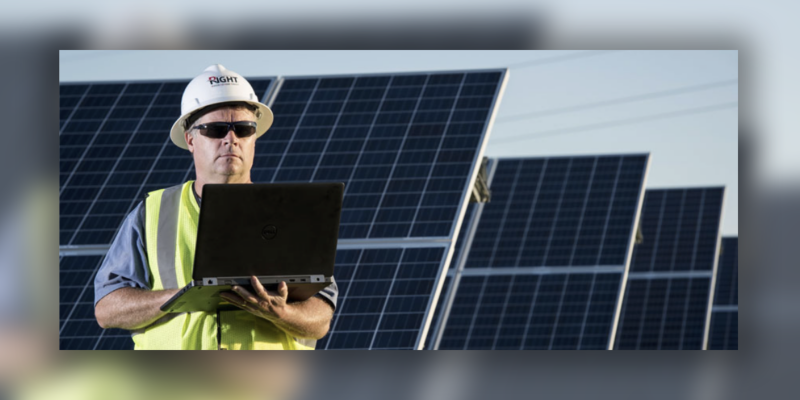Co-ops Drive Economic Empowerment in Eastern Kentucky

Electric cooperatives play a crucial role in fostering local economic development within their communities. They not only provide reliable and affordable electricity, but also contribute significantly to the overall economic well-being of the areas they serve. By leveraging their unique position and resources, electric cooperatives are implementing various strategies to support and stimulate local economic growth.
One primary way electric cooperatives can contribute to local economic development is by investing in infrastructure improvements. Upgrading and expanding electrical infrastructure not only ensures a reliable power supply for existing businesses, but also attracts new businesses to the area.
Electric cooperatives actively support small businesses and entrepreneurship in their communities. Many offer energy efficiency programs and incentives to help businesses reduce energy costs, which can significantly impact their bottom line. Cooperatives also provide technical assistance and resources to help entrepreneurs navigate the process of starting and growing their businesses.
Education and outreach are also essential components of an electric cooperative’s efforts toward local economic development. For instance, Kentucky’s Touchstone Energy Cooperatives—comprising 16 member-owned distribution cooperatives and their generation and transmission cooperative, East Kentucky Power Cooperative—initiated a dedicated economic development program a decade ago. Brad Thomas, economic development manager for the cooperatives, emphasized the importance of storytelling and personal connections in economic development efforts to serve their 1.1 million members.
“The best stories are told face to face,” Thomas said. “The world is changing. Foreign companies are looking for grid stability and looking to invest where the growth is going to be. That is North America.”
Kentucky’s Touchstone Energy Cooperatives established the website dataispower.org/, where site selectors can view available lots throughout the state’s cooperative service territory. Kentucky’s Touchstone Energy Cooperatives also created digital flyovers showcasing potential offices, warehouses and manufacturing facilities, offering companies a visual representation of their potential facilities.
This economic development program has resulted in $12.6 billion in projects, 18,000 new jobs and a 44% increase in industrial electric load. Kentucky’s Touchstone Energy Cooperatives prioritize projects that benefit the local community over seeking out the largest electricity users. Thomas highlighted their collaborative approach, stating, “We try to figure out what projects work well and then reverse engineer it to find the best companies.”
Thomas emphasized that this program is replicable by any cooperative, “Cooperatives know how to tell the story. Look for opportunities to seize the moment.”
The National Rural Economic Developers Association (NREDA) plays a pivotal role in advancing economic development efforts within rural communities throughout the U.S. As a professional organization, NREDA provides valuable resources, networking opportunities and training programs for economic development practitioners in rural areas. CFC sponsors NREDA, with Jan Ahlen, CFC’s vice president of Utility Research & Policy, serving as a board member. NREDA fosters collaboration among professionals, shares best practices, advocates for policies that bolster rural economic growth and contributes significantly to enhancing the economic vitality, job creation and overall well-being of rural America.
Electric cooperatives have the potential to be significant drivers of local economic development through strategic investments in infrastructure, support for small businesses, education and outreach efforts, collaboration with stakeholders and renewable energy initiatives. By actively engaging with their communities and leveraging their unique strengths, cooperatives can contribute to sustainable economic growth and prosperity for all stakeholders involved.